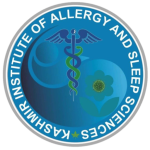SLEEP MEDICINE
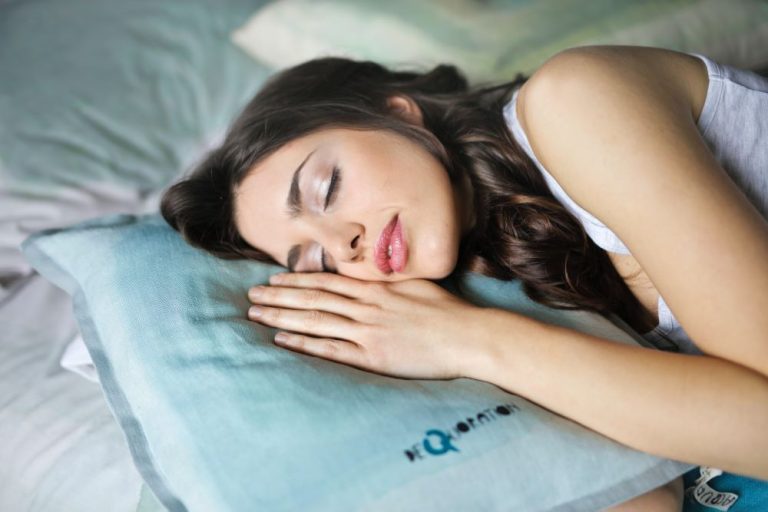
Sleep medicine is a medical specialty or subspecialty devoted to the diagnosis and therapy of sleep disturbances and disorders. The rapidly evolving field has become a recognized medical subspecialty in some countries. Dental sleep medicine also qualifies for board certification in some countries. Properly organized, minimum 12-month, postgraduate training programs are still being defined in the United States. In some countries, the sleep researchers and the physicians who treat patients may be the same people.
Sleep physicians, sometimes called somnologists, come from a variety of medical specialties, but they all have training in sleep medicine.
To receive board certification in sleep medicine, doctors must complete medical school and residency, followed by a one-year sleep medicine fellowship that includes both research and clinical training. During the specialized fellowship, the physicians learn about the bodily processes involved in normal sleep and how those processes go wrong in sleep disorders. They also gain the skills needed to diagnose sleep disorders and develop treatment plans for patients of all ages.
Doctors who may have additional training in sleep medicine include:
Anesthesiologists (surgical care and anesthesia)
Cardiologists (heart)
Family physicians
Internal medicine doctors
Neurologists (brain and nervous system)
Otolaryngologists (ear, nose and throat, or ENT, specialists)
Pediatricians
Psychiatrists
Pulmonologists (lungs)
“The earliest sleep doctors were pulmonary doctors — lung specialists — because sleep disorders were thought to be breathing-related problems,” says Brijesh Malkani, MD, neurologist and sleep medicine specialist, and Castle Connolly Top Doctor at Mount Sinai Hospital in New York. “As time went on, there was far more understanding and awareness of the expertise other specialists bring to sleep medicine.”
Sleep medicine and sleep management physicians work in a variety of settings, from primary care practices to dedicated sleep disorder centers. In treating patients, they may collaborate with health care professionals such as other doctors, nurses, physician assistants, sleep technologists, and respiratory therapists.
Other health professionals who care for people with sleep disorders include sleep psychologists — psychologists with special training in treating insomnia and sleep-related behavior issues — and dentists, who create and fit dental devices used to treat sleep apnea.
The Sleep Medicine/Body Connection
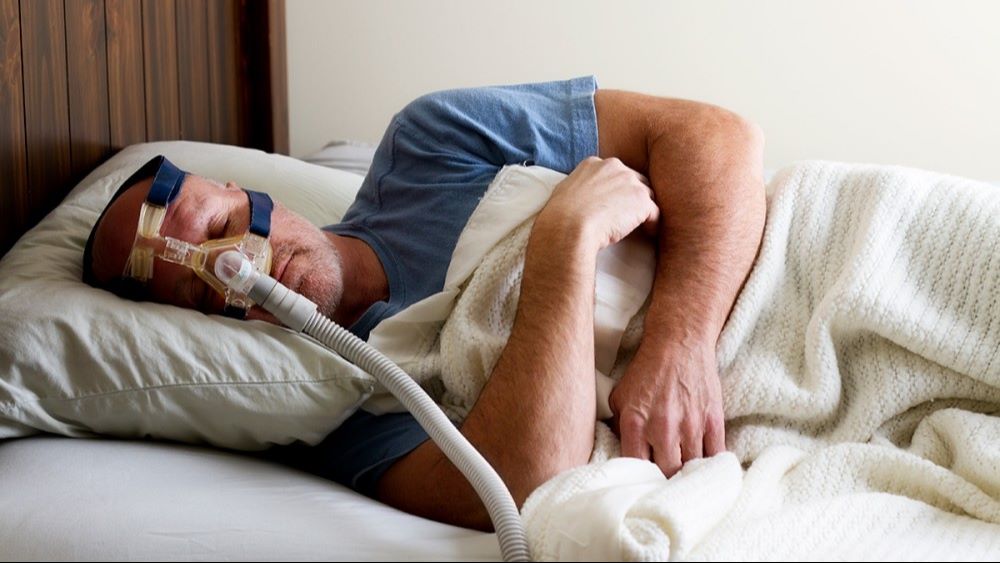
Sleep medicine and management looks at the whole body — including the pulmonary (lungs), respiratory (breathing), circulatory (blood flow), endocrine (hormones), musculoskeletal, and nervous systems — as well as the mind.
“When you think about the psychological impact of poor or insufficient sleep, if you’re tired every day, if you’re drowsy, it certainly can affect your mental health,” says Dr. Malkani. “It can precipitate feelings of depression.”
Sleep Specialists Treat a Broad Variety of Medical Conditions
Sleep specialists have advanced training in diagnosing and treating a variety of sleep disturbances and disorders, including these common conditions:
Bruxism (teeth grinding)
Central sleep apnea
Circadian sleep disorders, including shift work and non-24-hour sleep-wake rhythm
Hypersomnia
Insomnia
Narcolepsy
Nighttime leg cramps
Nightmare disorder
Obstructive sleep apnea (OSA)
Parasomnias
REM sleep behavior disorder
Restless legs syndrome
Sleep terrors (“night terrors”)
Sleepwalking (somnambulism)
Snoring
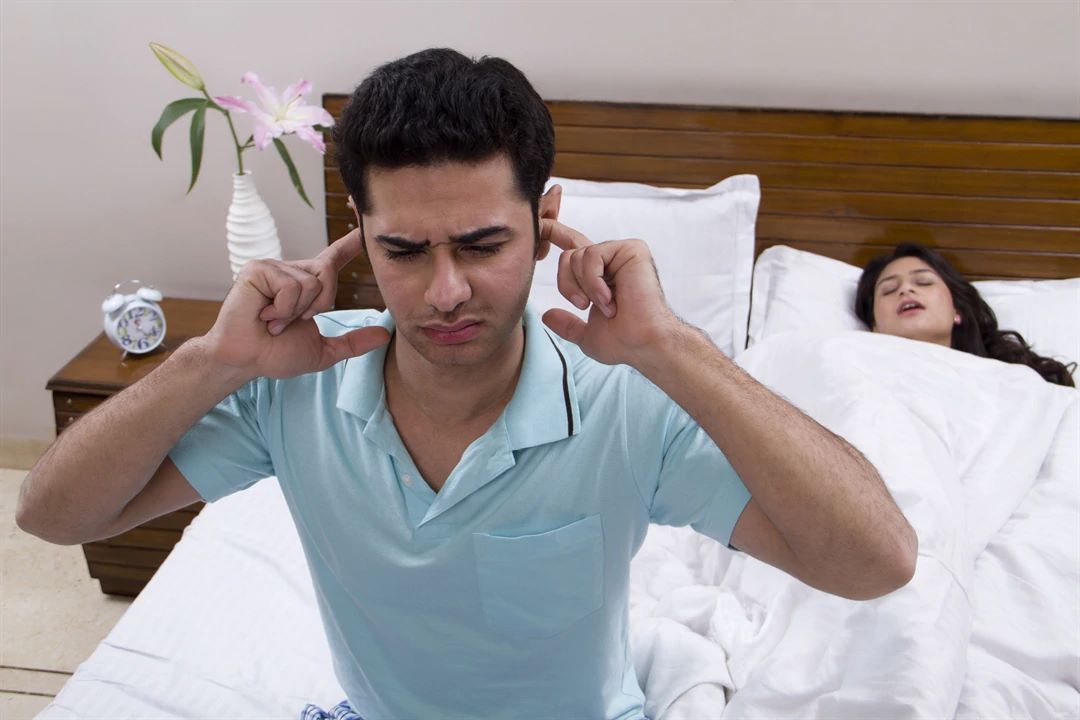
Additional sleep-related conditions and treatments include:
Sleep and snoring disorders
Sleep surgery
Sleep disorders in pediatric patients
Sleep disorders in cancer patients
Sleep apnea
Snoring disorders
Narcolepsy
Insomnia
Sleep Medicine Tests, Procedures, and Surgeries
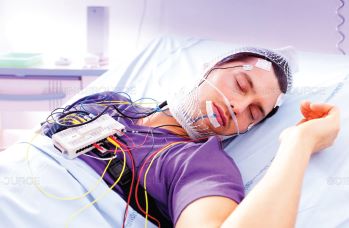
Sleep doctors recommend a number of tests and procedures, depending on the types of sleep problems their patients are having. They include:
Blood tests: Used to check for conditions that can cause interrupted sleep, such as thyroid problems.
Sleep log: Used to help diagnose insomnia, this diary is for recording information such as bedtimes, wake-up times, and degree of daytime sleepiness.
Sleep disorders inventory: Used to understand a patient’s sleep problems, this detailed questionnaire takes a comprehensive history of health and sleep patterns.
Sleep study (polysomnogram): Used to evaluate and diagnose sleep disorders, sleep studies are conducted according to the disorder suspected. If the evaluation is for sleep apnea, for example, patients are observed as they sleep overnight in a lab. If narcolepsy is suspected, patients sleep and wake in the lab for a series of naps.
During sleep studies, patients are connected to sensors that monitor the stages of sleep, body movements, oxygen levels, and breathing patterns.
Based upon the patient’s diagnosis, preferences, and goals, a sleep specialist may recommend one of these sleep-disorder treatments:
Cognitive behavioral therapy for insomnia (CBT-I): Specialized therapy aimed at identifying thoughts and behaviors that contribute to insomnia and learning new strategies to improve sleep.
Continuous positive airway pressure (CPAP): Used to treat sleep apnea, a CPAP machine keeps the airway open by delivering a steady stream of air through a mask that’s worn to sleep at night.
Medications: A doctor can determine whether medication is the best treatment for a particular sleep issue, whether it’s insomnia, restless legs syndrome, narcolepsy, or REM sleep behavior disorder. Sleeping pills, also called hypnotics, may be prescribed to some people for a short time. In some cases, medications to treat other problems also help with sleep.
Oral appliances: For sleep apnea patients who can’t tolerate a CPAP machine, a dental sleep specialist can create a customized device — similar to a retainer or sports mouth guard — to wear in the mouth at night. The appliance holds the tongue or jaw in the correct position to prevent the airway from being blocked during sleep.
Better sleep hygiene: Good sleep hygiene is about developing a set of beneficial habits that you practice regularly to improve your sleep. This might include creating a pleasant sleep environment, getting enough exercise and exposure to natural light during waking hours, and avoiding stimulants such as caffeine and nicotine near bedtime.
Surgery: There are a number of surgical approaches that can be used to treat people with apnea and problem snoring. They include:
Hyoid suspension: The U-shaped hyoid bone in the front of the neck is connected to the Adam’s apple or suspended from the lower jawbone to help keep the airway open.
Hypoglossal nerve stimulator : An implanted electrode is attached to a nerve near the jaw that controls the tongue muscles. An implanted “pacemaker” stimulates the electrode during sleep to keep the tongue from blocking the airway.
Radiofrequency volumetric tissue reduction (RFVTR): Radiofrequency energy is used to shrink and tighten tissues in and around the throat. Used more often to treat problematic snoring than to treat sleep apnea.
Septoplasty: Surgery to straighten a bent or “deviated” septum (the divider between the two sides of the nose) to improve air flow.
Turbinate reduction: Surgery to trim or remove the curved bones inside the nasal passage walls to improve air flow.
Uvulopalatopharyngoplasty (UPPP): Surgery to remove and reposition excess tissue in the back of the throat to widen the airway. UPPP is sometimes performed in conjunction with other airway procedures to improve the odds of successfully treating sleep apnea.
Weight loss surgery (bariatric surgery): Can result in weight loss that improves sleep apnea and has other health benefits in obese people with sleep apnea.
Major Professional Societies in Sleep Medicine and Management
Major professional societies for sleep medicine and management include:
American Academy of Sleep Medicine American Association of Sleep Technologists
American Board of Sleep Medicine
Board of Registered Polysomnographic Technologists
Sleep Research Society
Society of Behavioral Sleep Medicine
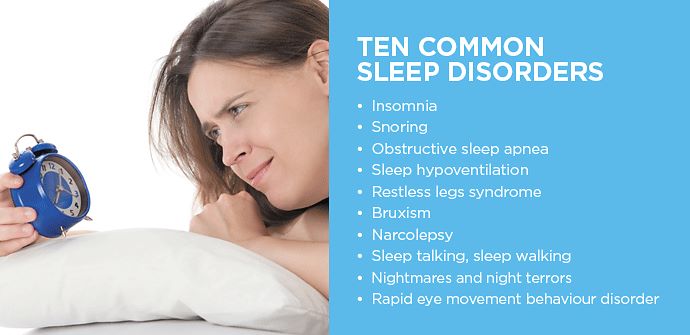
Book an Appointment
Need to schedule a visit with one of our specialists? It’s easy! Just click on “Book an Appointment” button below.
Book your appointment online today and get the care you need from our qualified healthcare professionals.
Contact Info
Address
24-A Shah Complex, opposite OPD gate of SMHS Hospital, Karan Nagar, Srinagar, Jammu and Kashmir 190010
Phone
94190 07775 | 01942504864
lungkashmir@rediffmail.com
